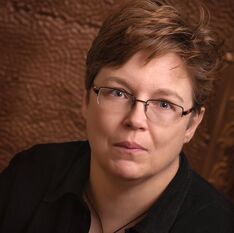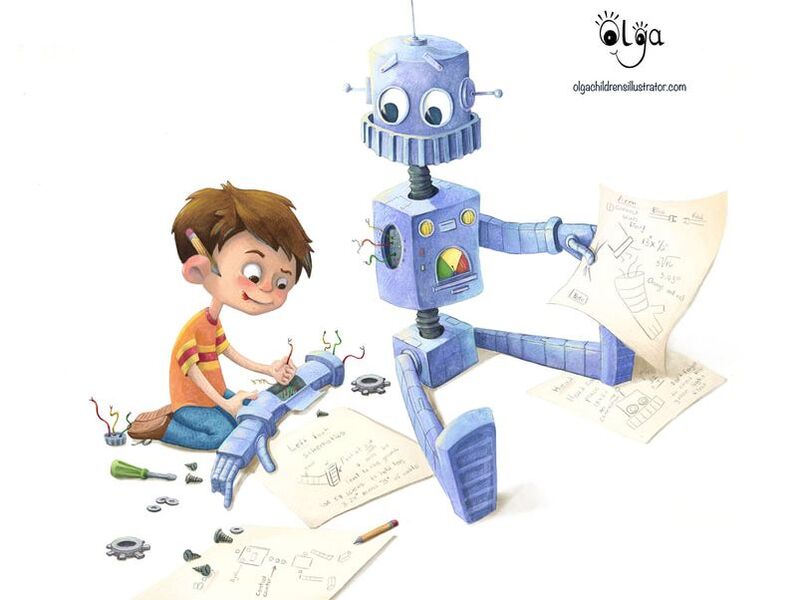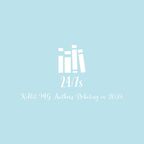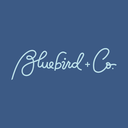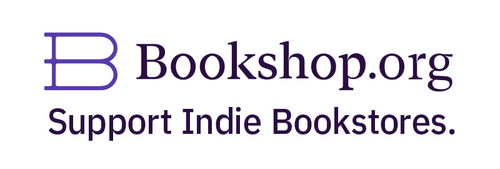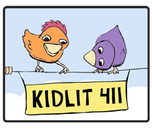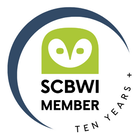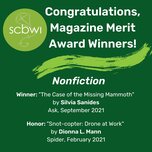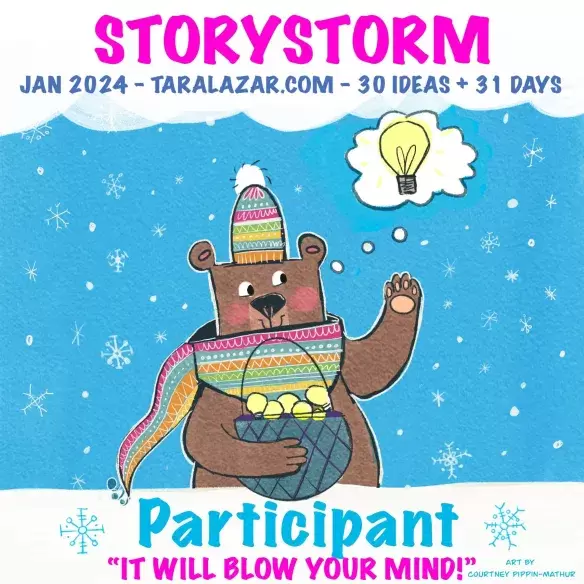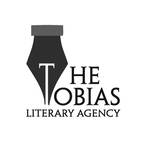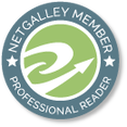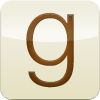Welcome, Angie!
Happy to be here!
As a work-for-hire (WFH) author for publishers like Abdo and Capstone, you've written nearly thirty nonfiction books, many covering STEM topics like robotics and space travel. How did you come across this kind of work?
Through my agent(s), I had unsuccessfully tried out for a few fiction WFH projects. Then I discovered the educational WFH market, STEM nonfiction in particular. That seemed a natural fit for me. Before writing fiction (and teaching), I’d been a science writer for over twenty years, working with NASA, the Department of Energy, and the Environmental Protection Agency.
How would you suggest an author break into educational (or trade) market WFH?
First of all, book packagers and publishers typically have a pool of writers to which they assign books or other projects. Some publishers use packagers or producers. Others work directly with writers. Either way, to get considered for upcoming projects, you need to get yourself into one or more of those pools. You need to find your niche.
How did you find your niche?
My niche wasn’t too hard to figure out. I wrote about space, the environment, and technology for adults for years. Plus, I also did a little coding. So my niche became STEM for elementary and middle school readers. For this age, most of these books are what’s called high interest. Wrapped in glossy covers, high-interest books are chock full of visuals and sidebars. Most include activities, prompts, discussion points, and/or other special features. Often, publishers try to correlate those special features to align with Common Core and/or other standards.
What if STEM is not an author's thing?
If STEM is not your thing, don’t worry. The educational market spans many, many nonfiction topics, formats, and age ranges. For instance, sports books are huge. (I even wrote a STEM sports book.) So are history, biographies, animals, health and fitness, careers, crafts, and social studies, to name just a few. And publishers need these books at all reading levels, including hi-lo and leveled readers. (Many publishers put out these books in Spanish too.) The most important thing is being able to research a certain topic and then be able to break down the concepts without writing down to young readers.
How might authors find a potential market for their WFH services, even if they don't have an agent?
You can find educational publishers and book packagers through a number of resources. Once you find publishers and/or packagers that interest you, study their catalogs, and double-check their websites for submission guidelines for freelancers. You can also check out Molly Blaisdell’s work-for-hire select educational publishers list.
Once you’ve decided who you want to work for and in what areas, you need to send them a cover letter as well as samples of your work. If you don’t have any samples, you may have to write some, depending on the publisher/packager. Some might request a resume instead. Most publishers and producers include freelancer or work-for-hire information on their websites.
The cover letter is really the critical element. In it, describe your experience, areas of expertise, education, publication history, availability, and so forth. Be specific! Don’t just say your expertise is STEM. For instance, I usually say my areas are space, environmental science, computers, and internet technology. Your specific expertise and experience may get you the gig.
Send out the samples and cover letter—and wait. You may not hear anything until the publisher or packager has a project that fits your skills and interests. This could be a week or two—or many, many months.
Do you enjoy doing work-for-hire projects and does it pay well?
I enjoy the work, but to be brutally honest, the pay rates can be very low ($300 for a 500–750-word book, for example) and the turnaround times can be extremely tight (as little as one month!). So you need to be able to research and write quickly and efficiently—not just to meet the deadlines but to also make it worth your time. However, I would say that WFH can be a solid way to fill in pesky income gaps. And I know some WFH authors who do school visits to help generate revenue. But I think you should do WFH only if you love writing about science and technology—or whatever your niche is.
Thanks again, Angie, for stopping by and for sharing your WFH know-how!
My pleasure, Dionna.
